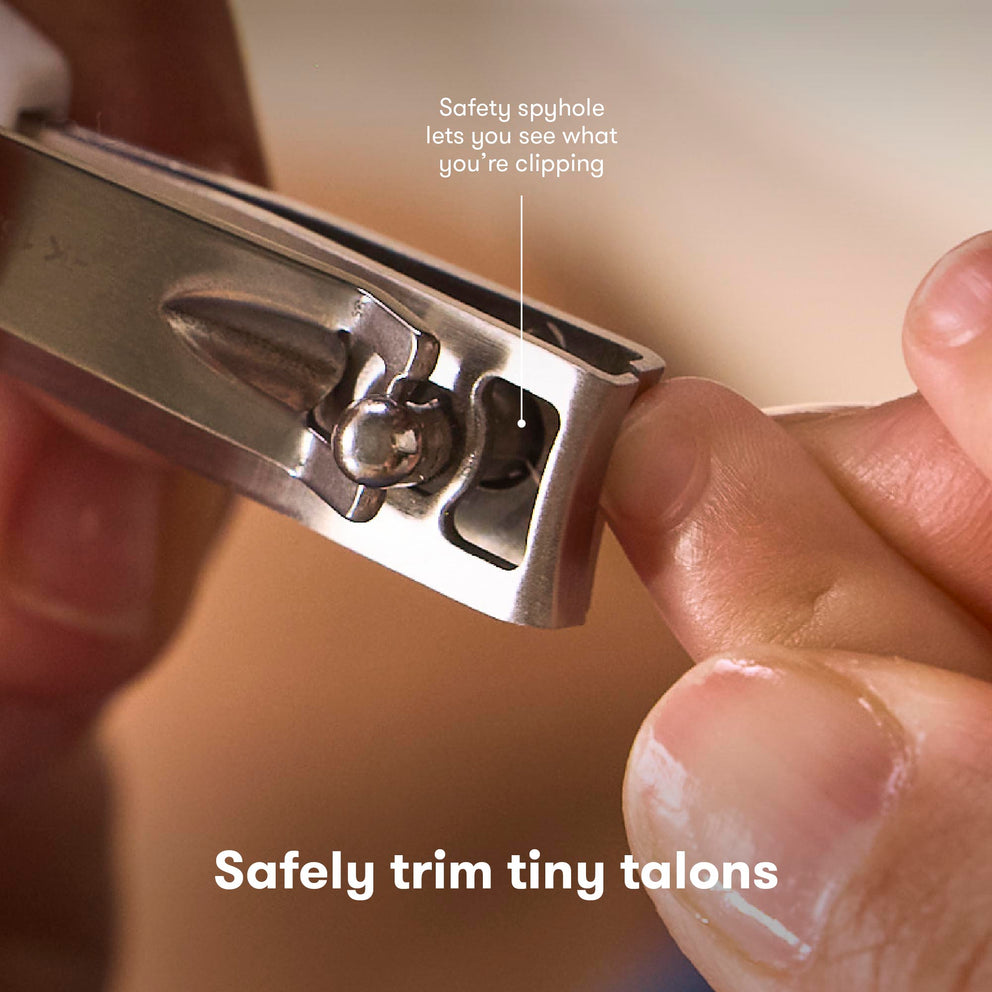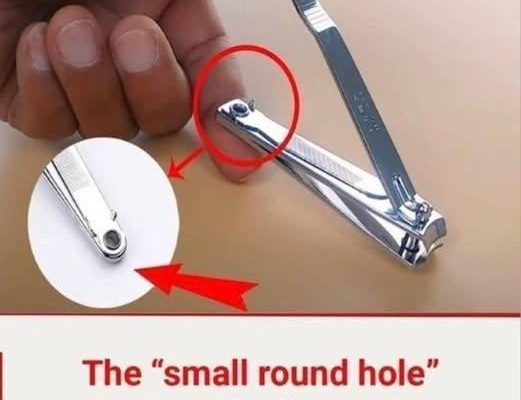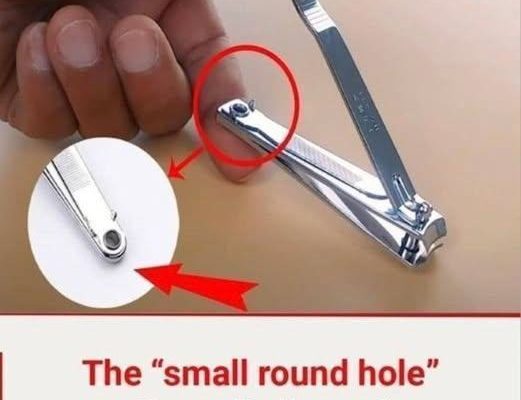Nearly everyone is familiar with nail clippers—a small but essential tool found in most grooming kits. Compact and convenient, nail clippers help keep nails tidy and manageable, making them an essential part of any personal care routine.
Despite their popularity, many people overlook some of the additional features that nail clippers offer. Modern clippers often come equipped with small nail files and attachments designed to clean under nails, transforming them into a multipurpose grooming tool.
Versatile Uses of Nail Clippers
Nail clippers are not just for trimming nails; they can also be helpful for handling various minor tasks. According to Outside Magazine, nail clippers’ sharp edges and compact size make them ideal for tasks that require precision, such as opening stubborn packaging, snipping stray threads, or even cutting fishing lines.
However, despite their versatility, proper usage is crucial for maintaining nail health. Experts recommend using nail clippers right after a shower or bath when nails are softer and less prone to cracking. This practice helps prevent splitting and breakage, ensuring healthier nails in the long run.
Hydration also plays a significant role in maintaining strong nails. Applying natural oils like coconut or almond oil to nails and cuticles can help keep them resilient and reduce the chances of breakage, providing a smooth base for trimming.
The Mystery of the Small Hole in Nail Clippers

One intriguing feature of nail clippers that often goes unnoticed is the small hole located at the end of the lever. Many people assume it is merely decorative, but it actually serves a practical purpose.
The tiny hole is designed to help prevent loss by allowing users to attach their nail clippers to a keychain, travel bag, or grooming kit. This clever feature ensures that the clippers are always within reach when needed, making them a reliable tool for quick grooming fixes on the go.
Attaching nail clippers to a keychain can be incredibly convenient, especially when dealing with unexpected situations such as a painful hangnail or an uneven nail edge. Having them readily available can save time and frustration.
Practical Benefits of the Tiny Hole

- Portability: By threading a small keyring or chain through the hole, users can carry their clippers wherever they go, ensuring they are always accessible.
- Loss Prevention: The small hole helps keep the clippers secured in one place, reducing the chances of misplacing them.
- Travel Convenience: Nail clippers are often misplaced in luggage or travel bags; securing them via the small hole makes them easy to locate.
- Multi-Functional Use: Some individuals use the hole to hang the clippers in bathrooms or grooming stations, keeping their space organized.
How to Make the Most of Your Nail Clippers

To ensure your nail clippers remain in optimal condition and provide the best results, consider the following tips:
- Regular Cleaning: Wipe the blades with alcohol after each use to prevent bacteria buildup.
- Proper Storage: Attach them to a keychain or store them in a dry place to prevent rusting.
- Sharpening: Over time, clipper blades can dull. Consider sharpening or replacing them as needed for precise cuts.
Fun Facts About Nail Clippers
- The earliest form of nail clippers dates back to the 19th century.
- Some luxury nail clippers come with ergonomic designs and built-in LED lights for better visibility.
- Nail clippers were initially designed with larger handles to provide better grip and leverage.
Conclusion
While nail clippers may seem like a simple grooming tool, their thoughtful design features—including the small hole—reveal how practical and versatile they can be. Whether you’re tackling nail care or handling minor tasks around the house, having a pair of nail clippers readily available proves invaluable.
So next time you use your nail clippers, take a moment to appreciate their ingenuity and convenience. Long live the nail clippers!





